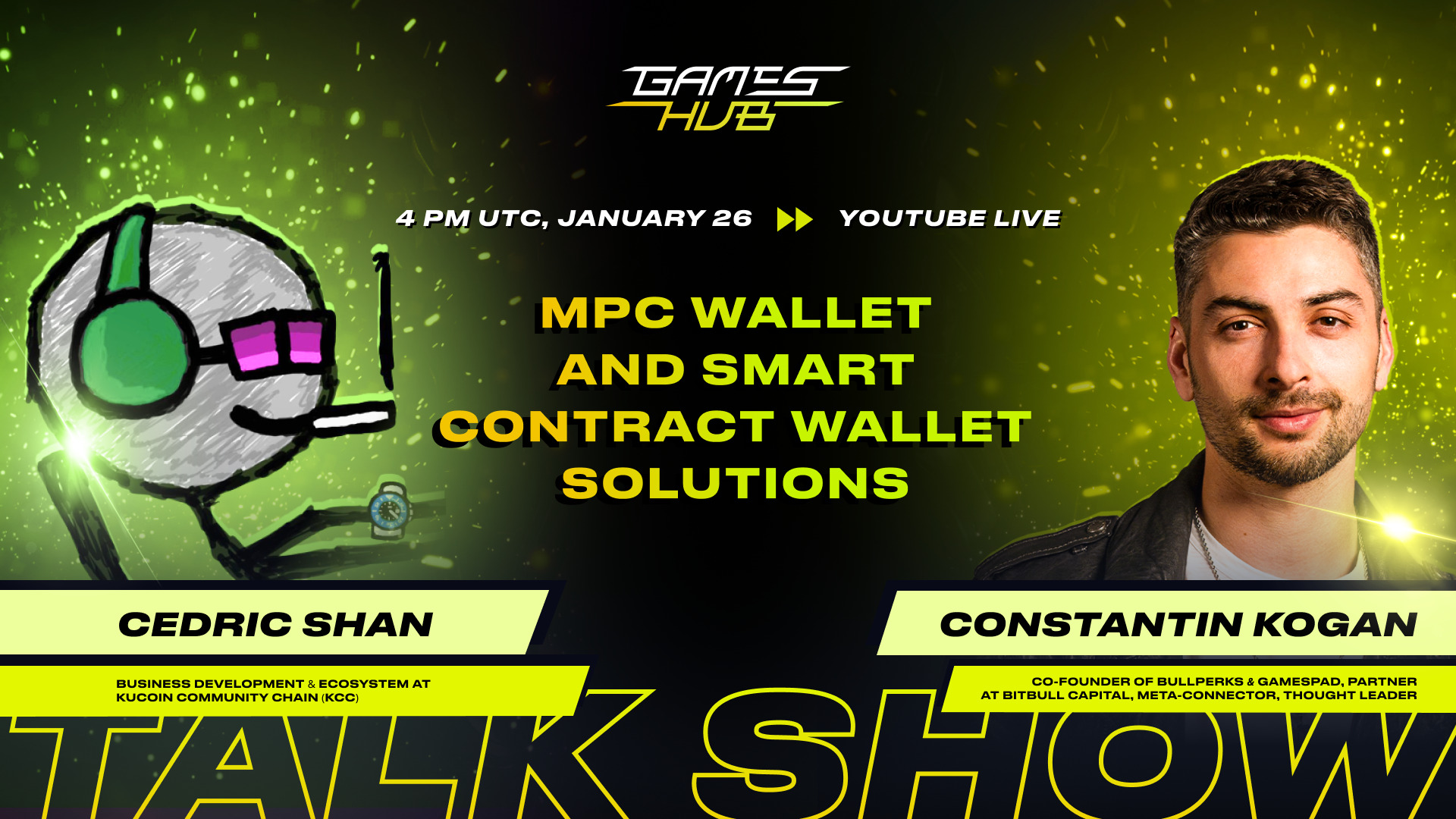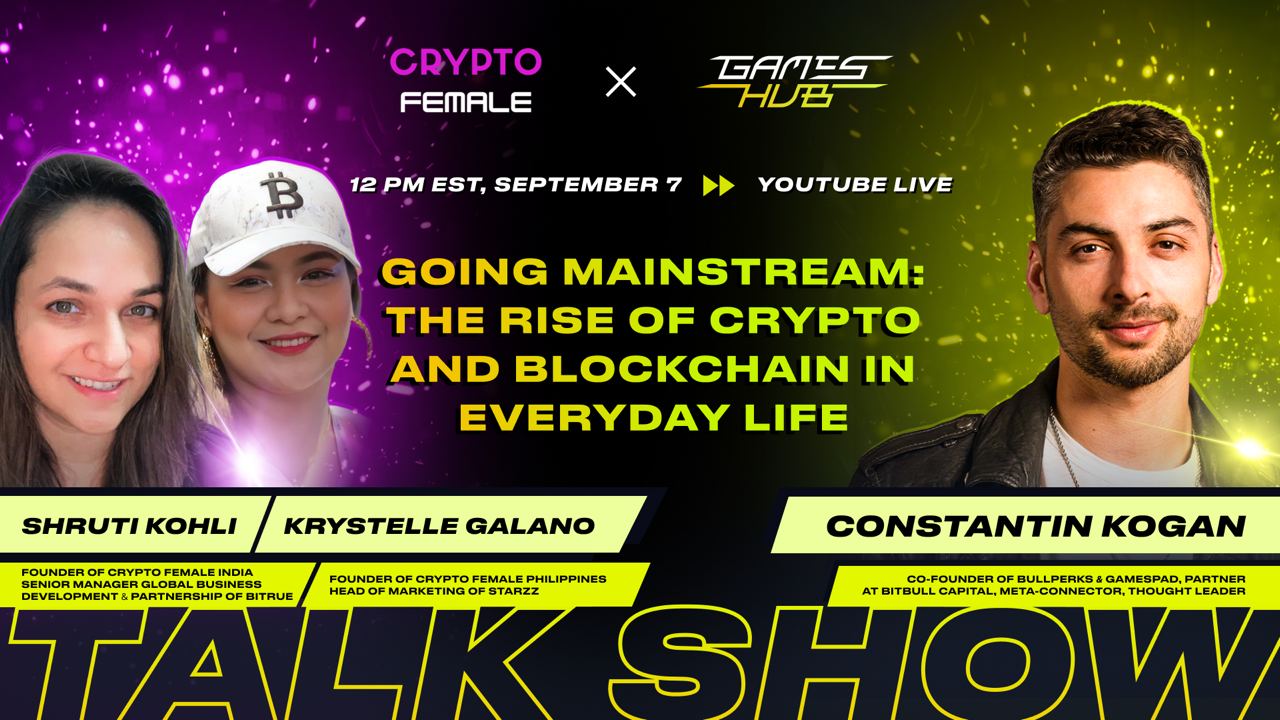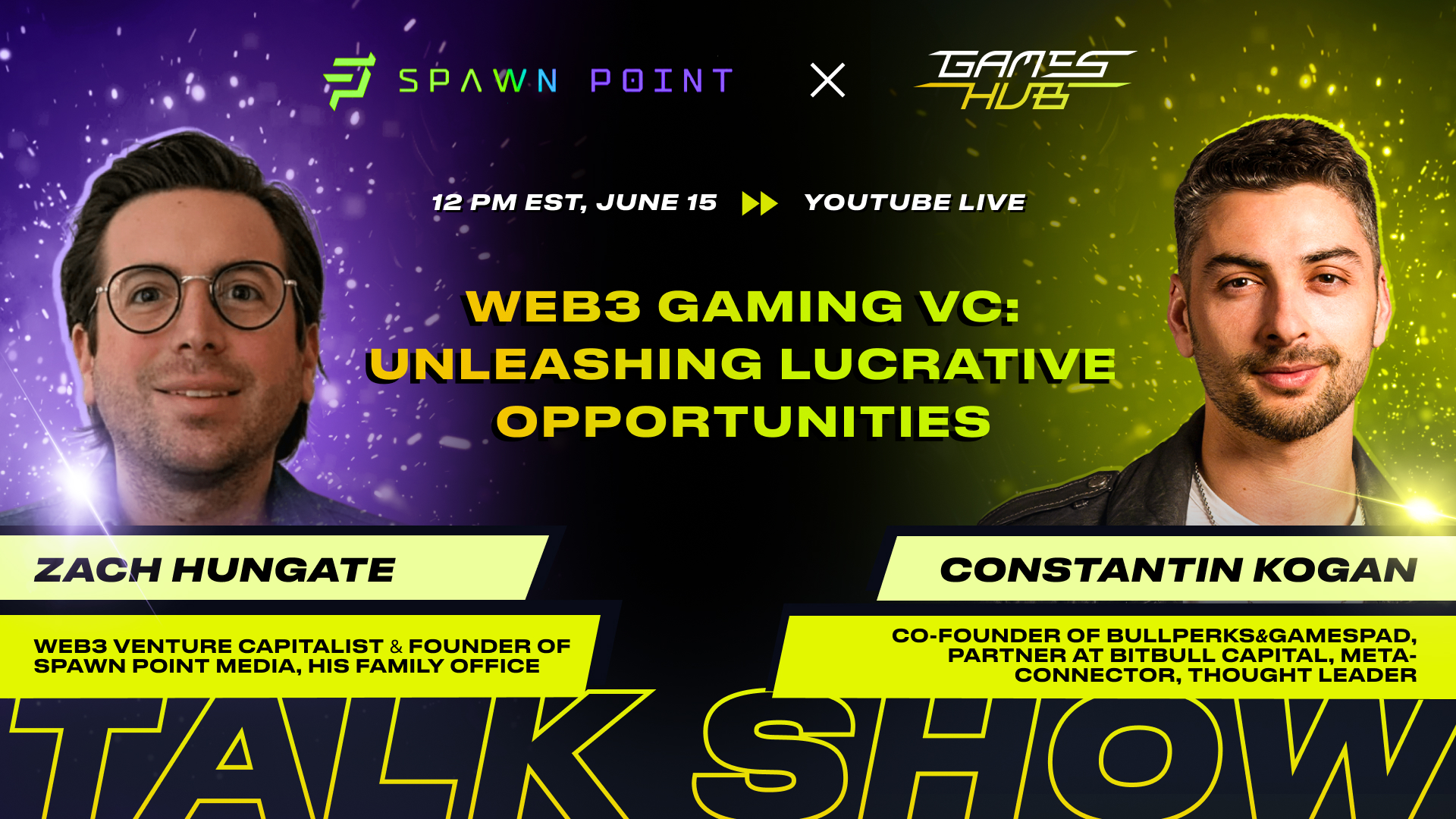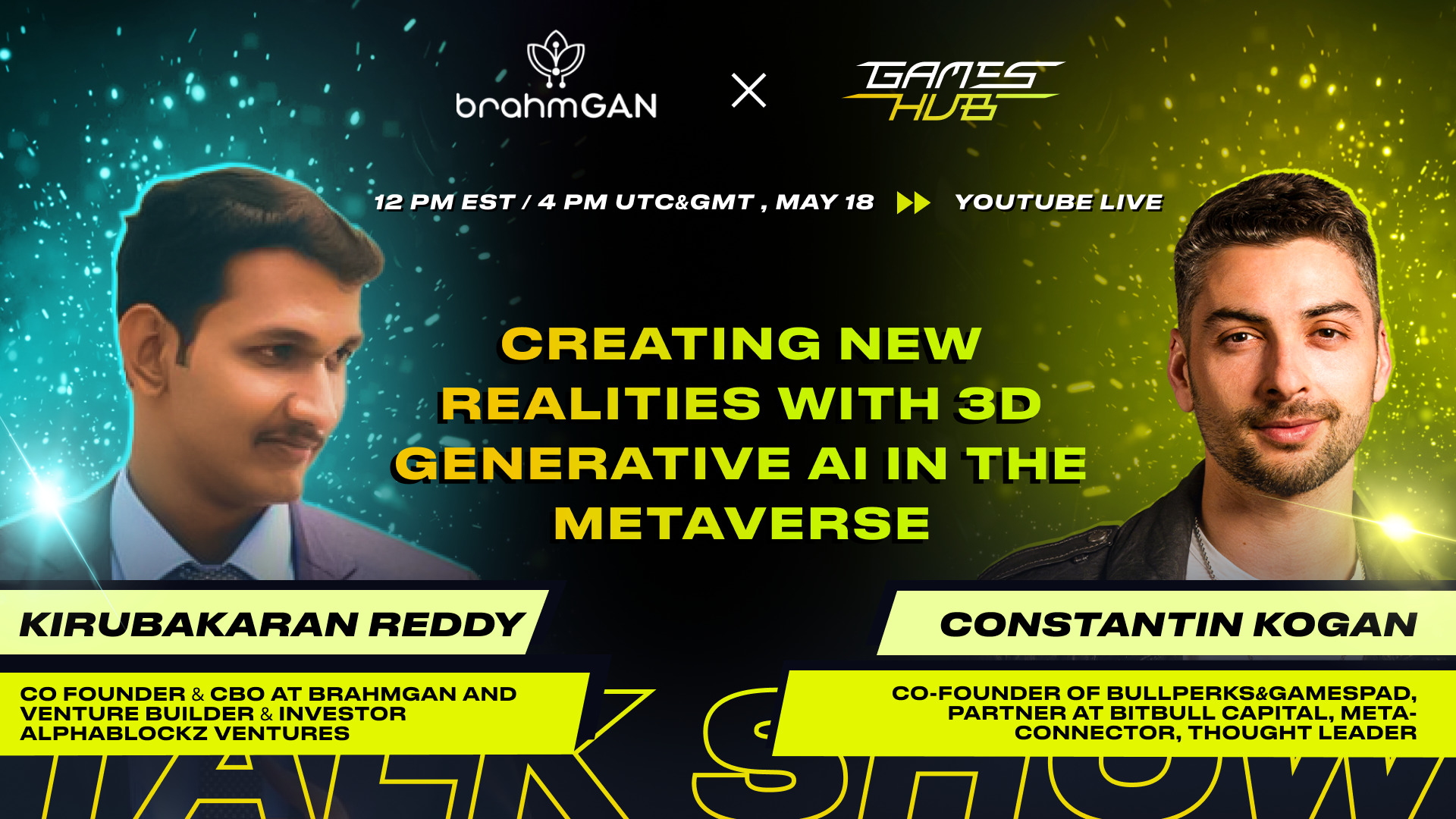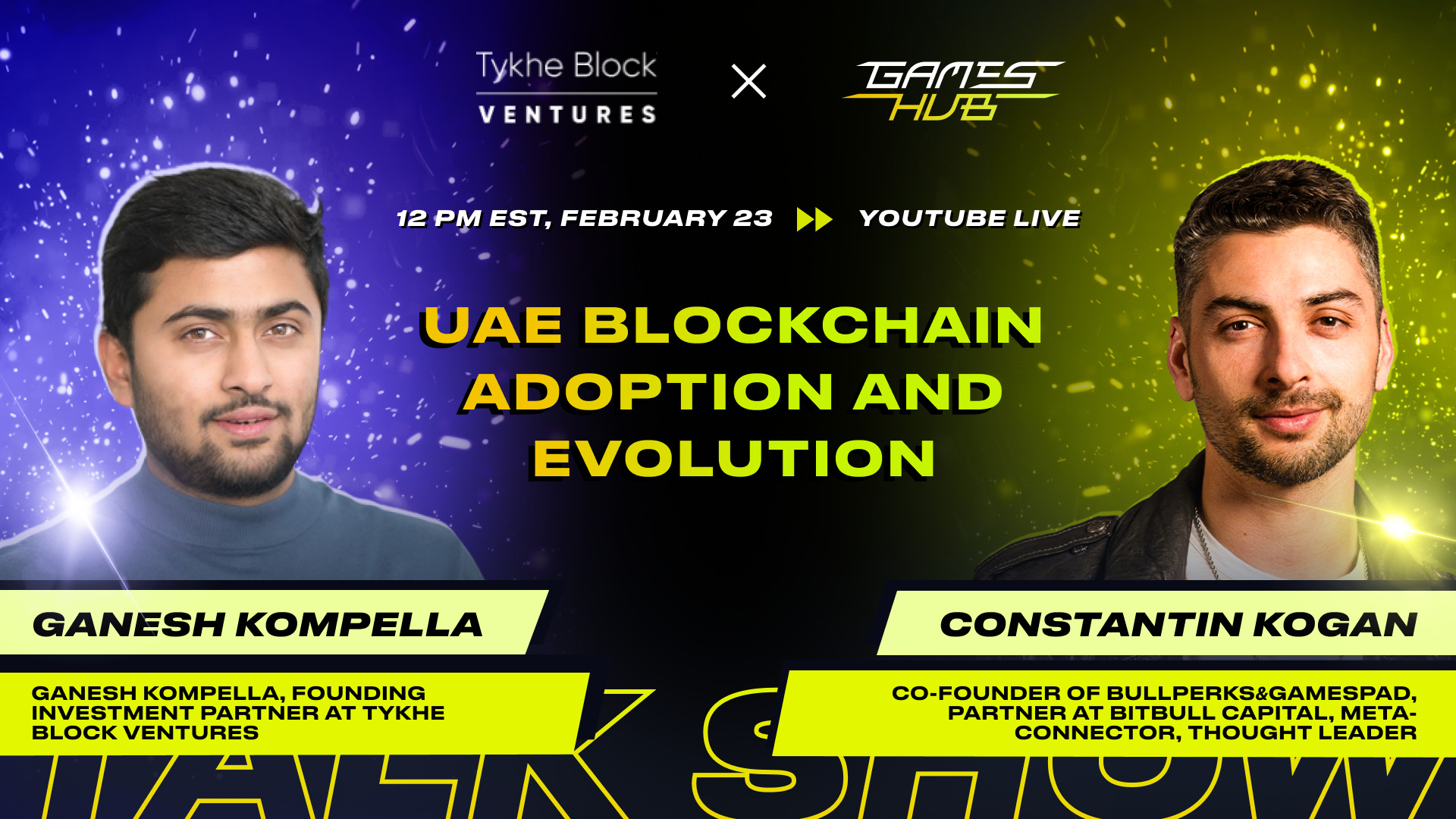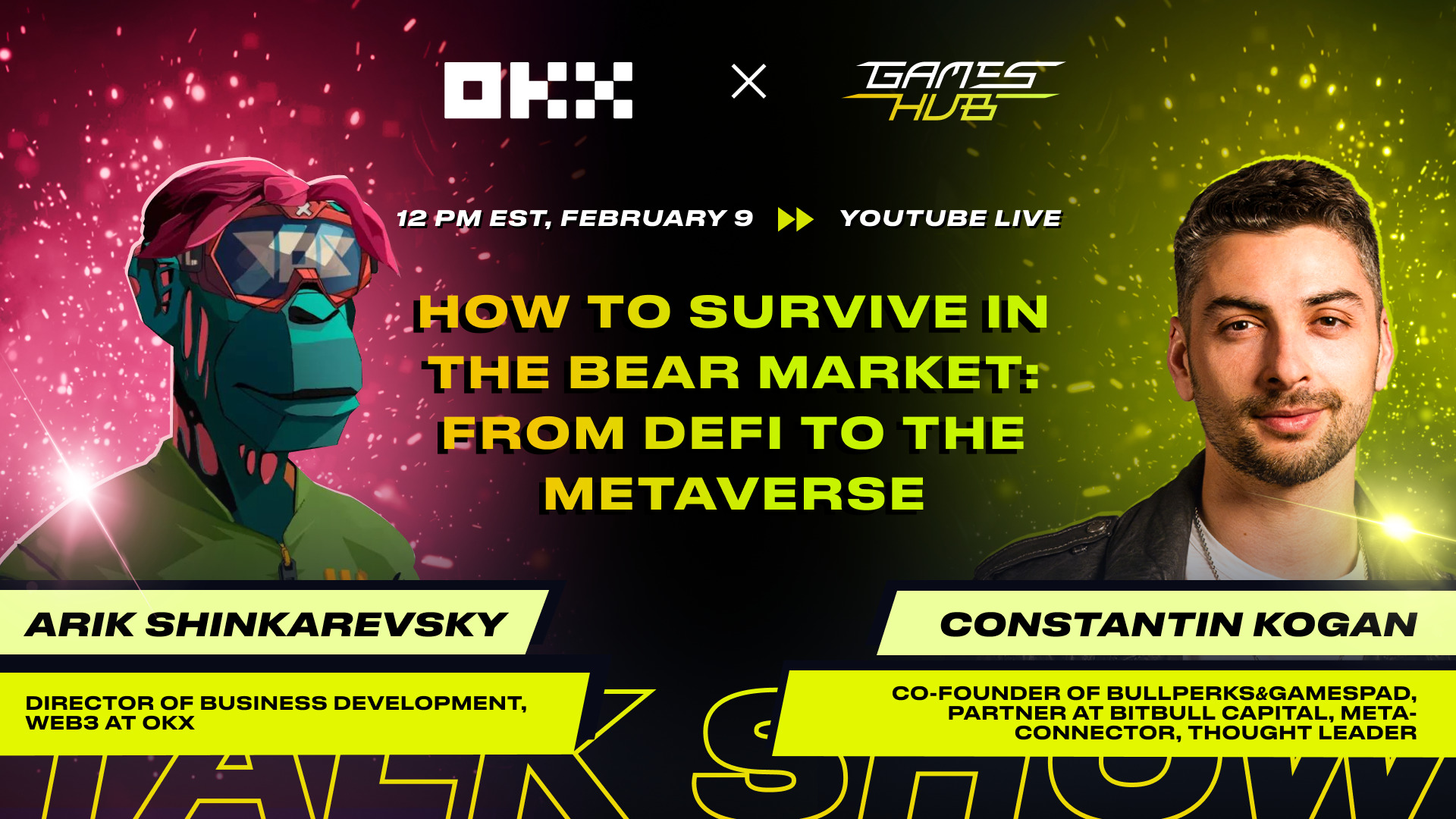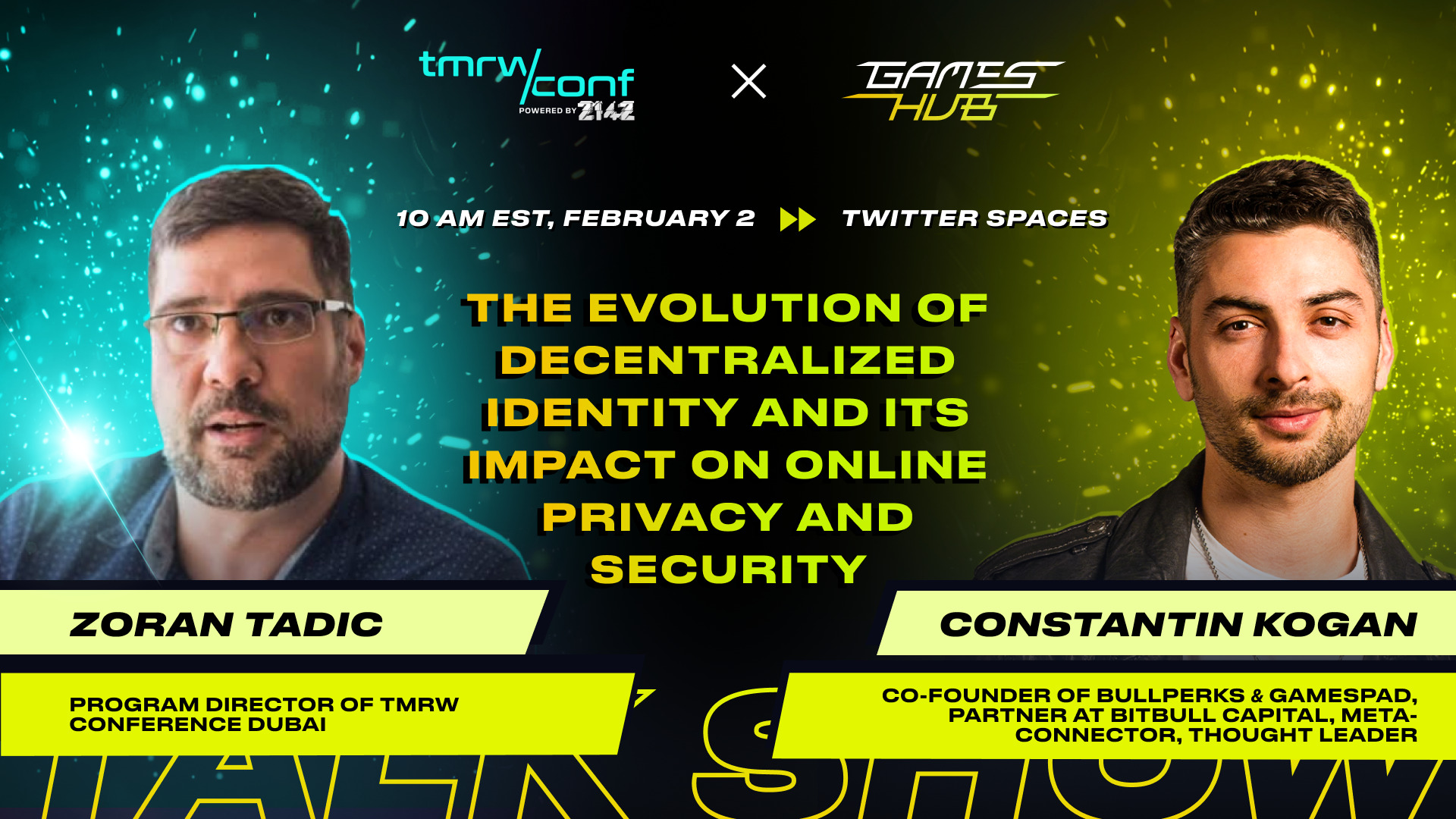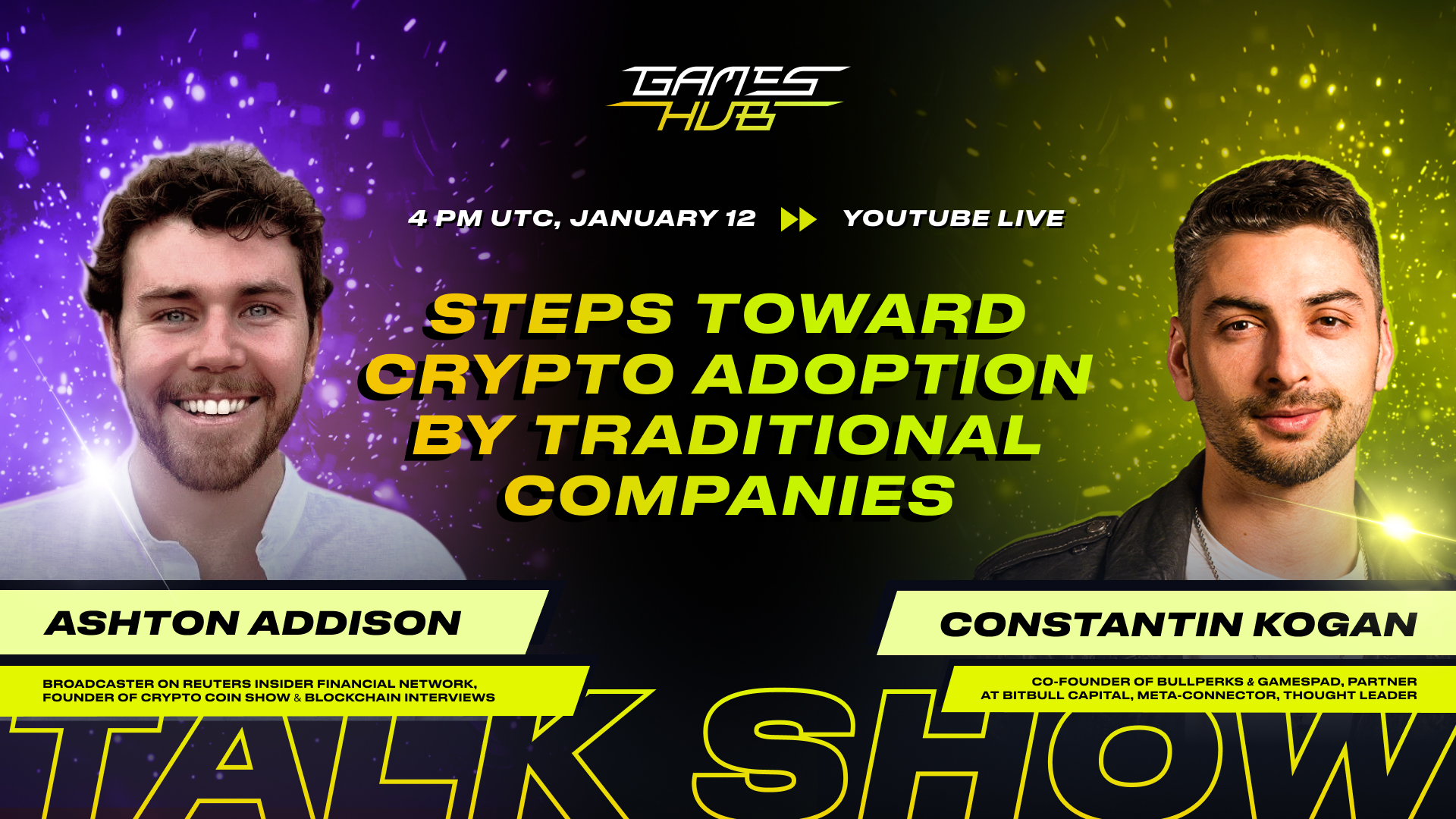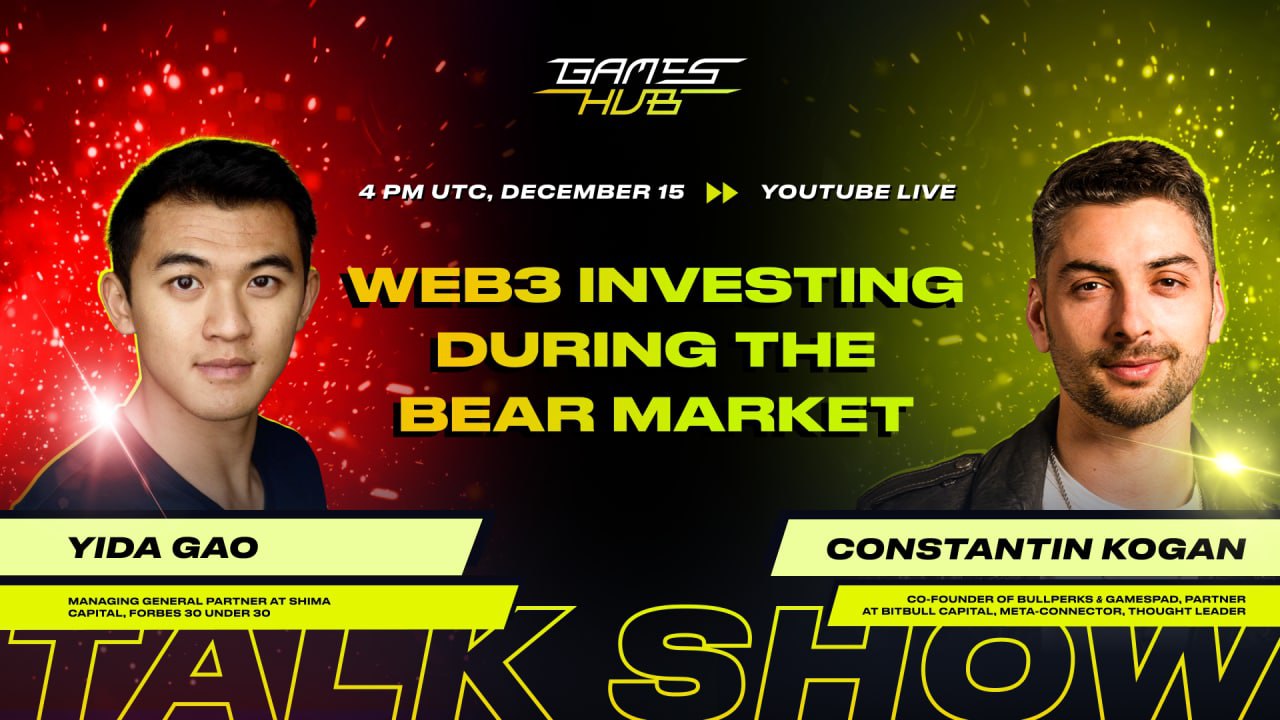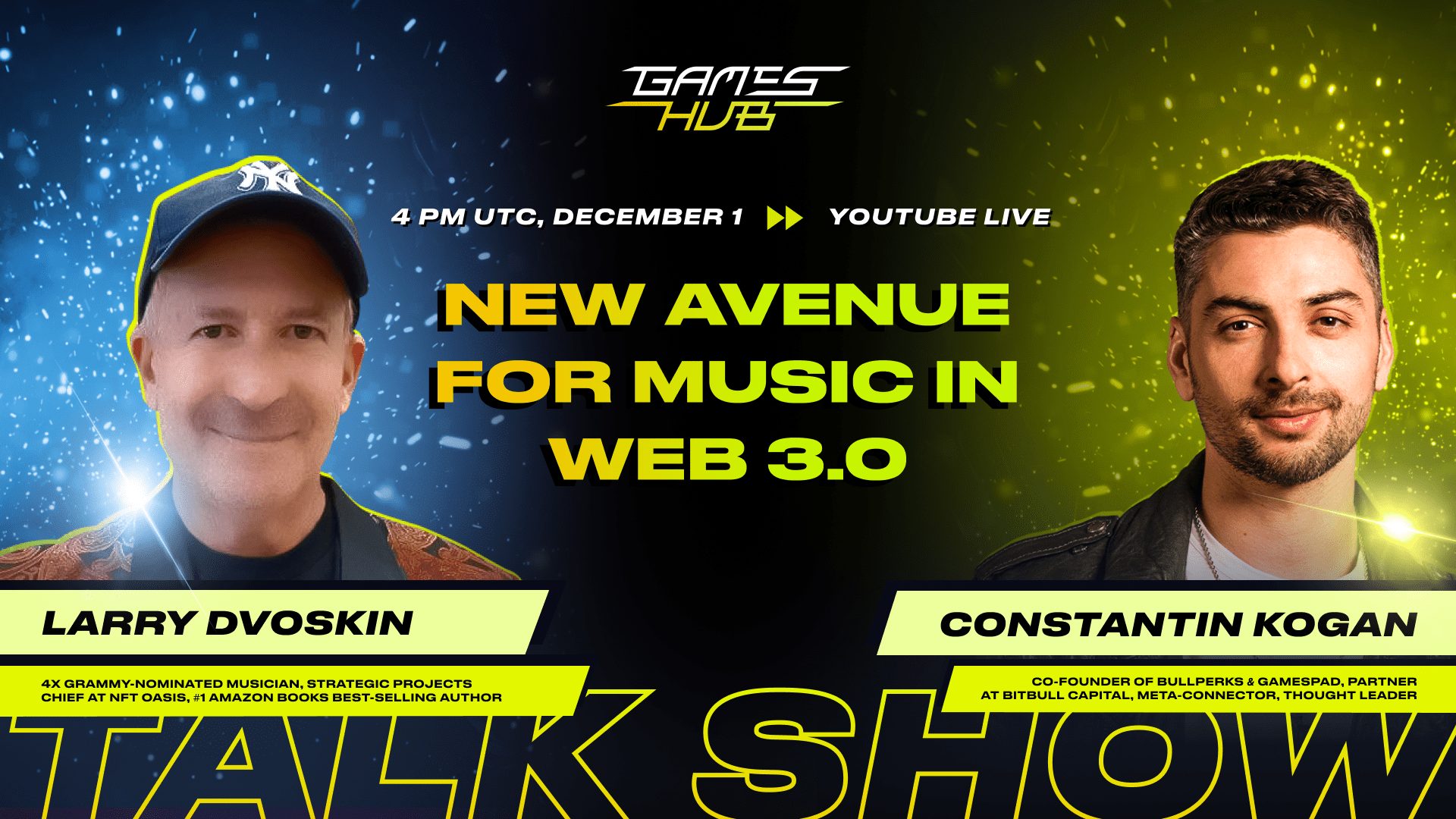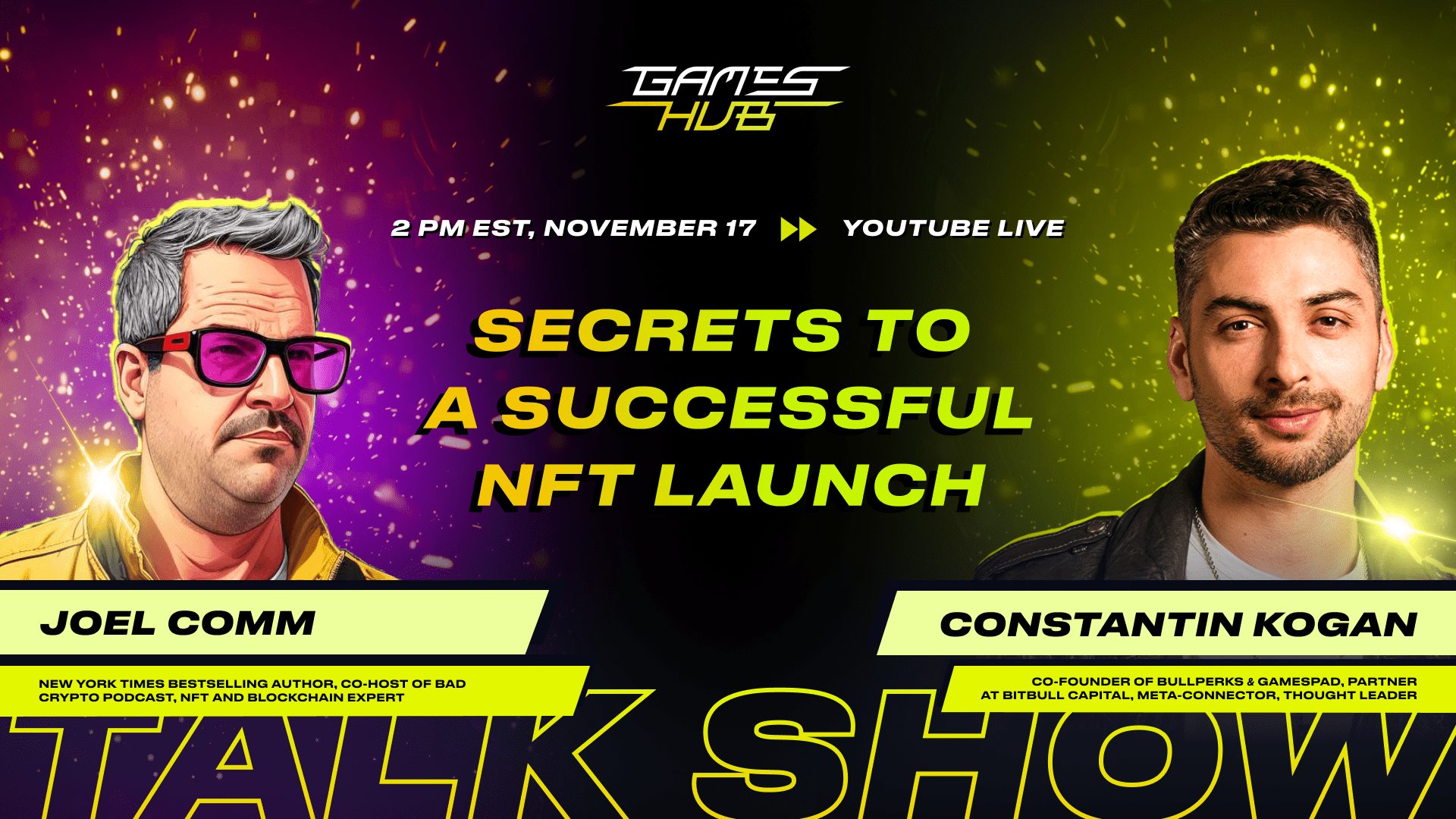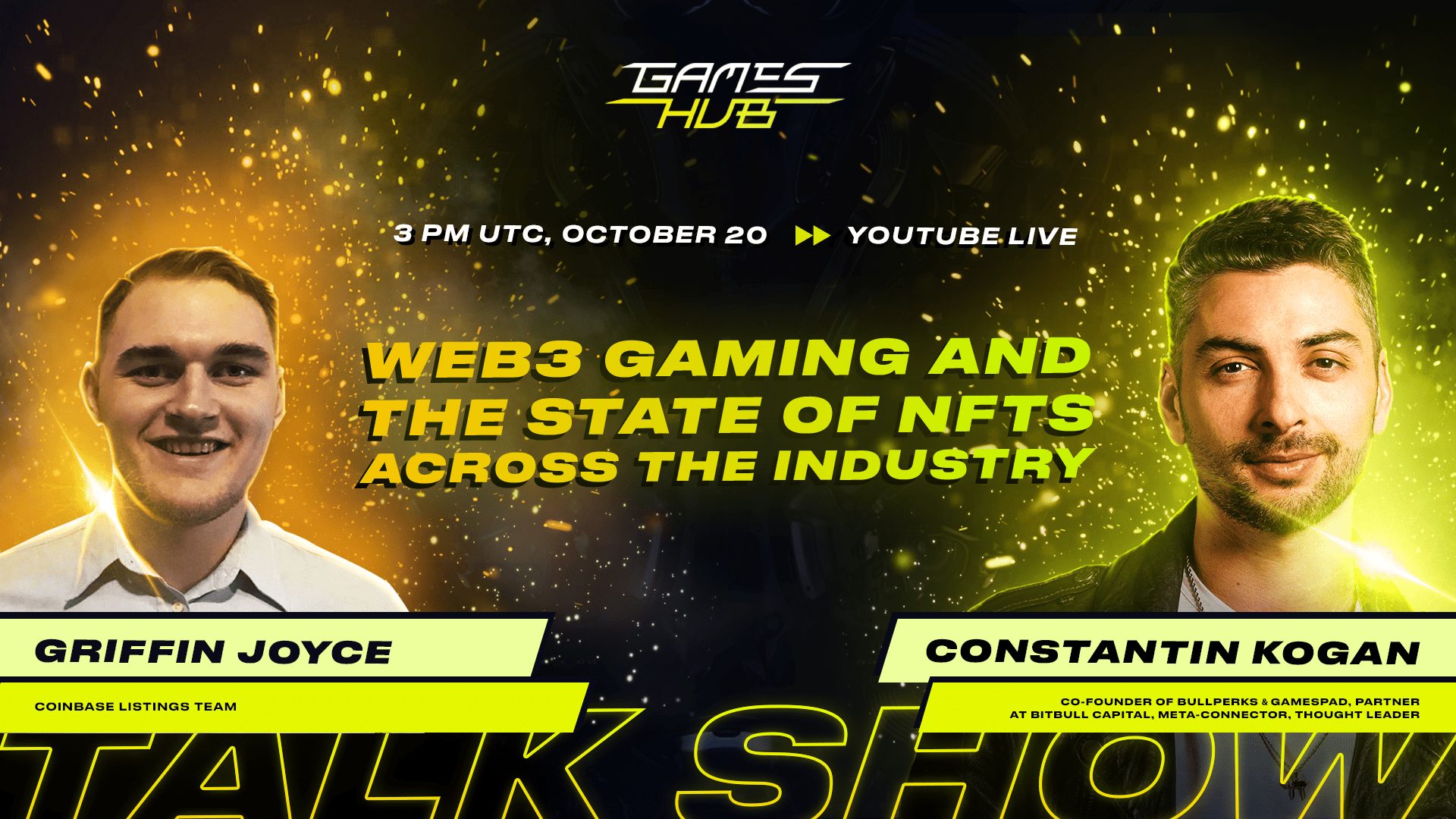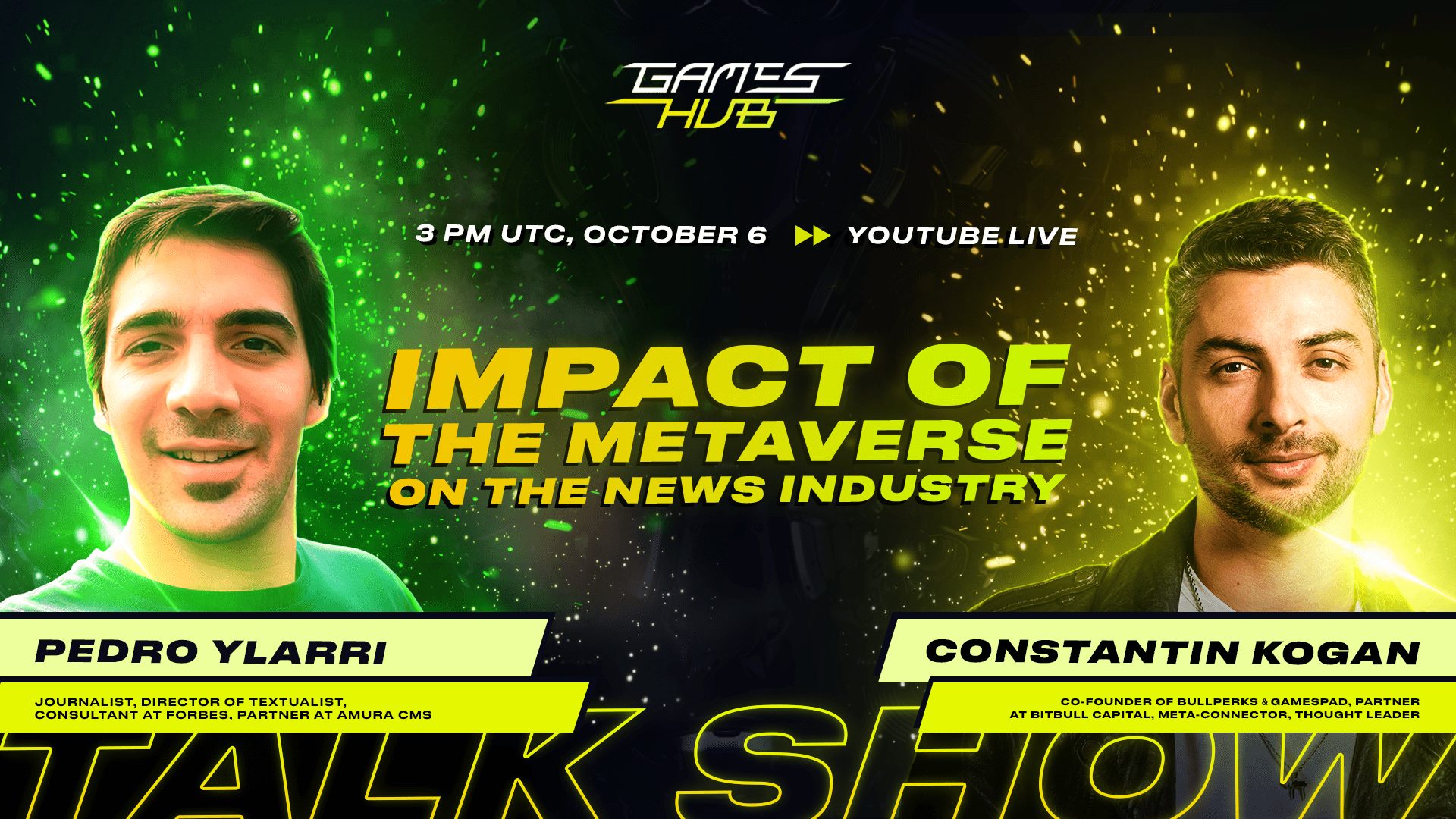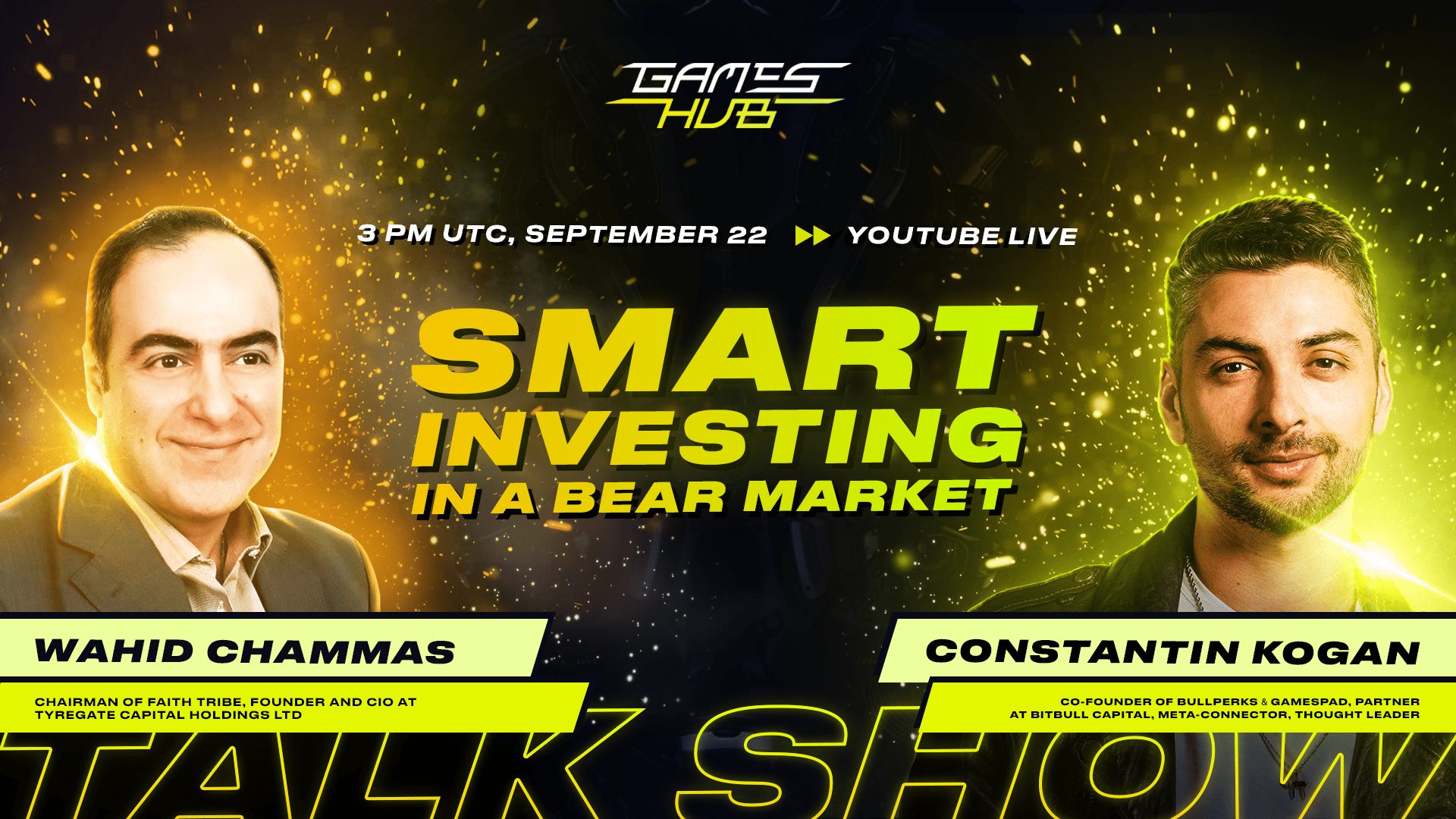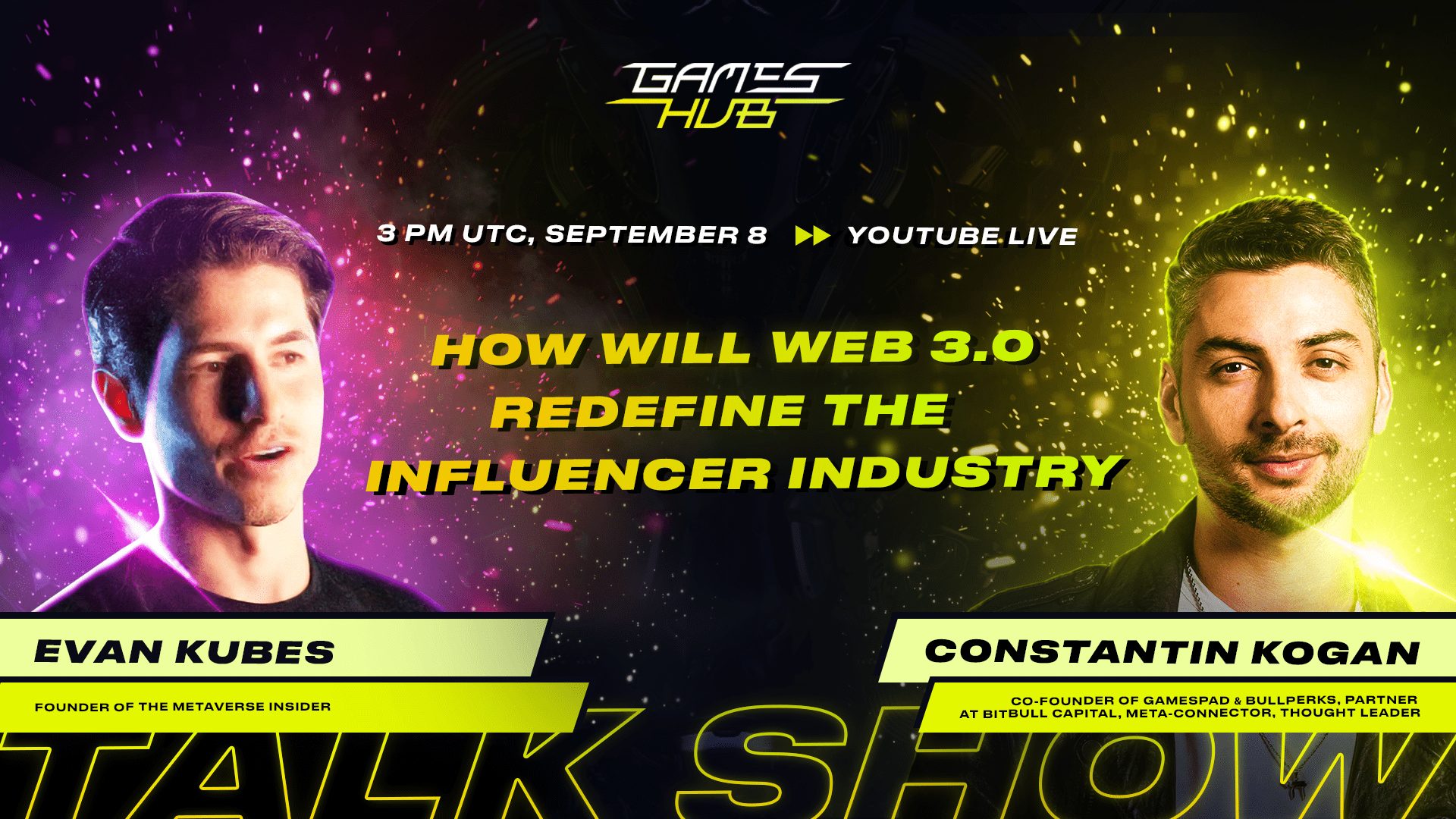GamesHUB #16 | MPC Wallet and Smart Contract Wallet Solutions with KuCoin’s Cedric Shan

I guess I will explain it in the easiest terms possible. Both MPC wallets and smart contract wallets that exist right now solve a major problem, which is the multisig problem and small contract wallet.
Their core focus is on the trust list side. So they try to use small contracts like Genesis Safe to allow different parties to sign a contract before a wallet can perform a transaction. And so that, however, that has some issues because, for example, it pays a lot of gas fees as you need to do a lot of signatures for every single transaction. And the other thing is about smart contract security. So that actually is something that MPC Wallet can solve. So MPC wallets, their full name is multi-party computation.
They solve some issues that smart contract, what I can solve by providing focus on custody and also security so that makes MPC wallets more attractive to a lot of institutions because for institutions maybe don’t have that much emphasis on the trust list side, and they want their custody to be secure and they want more operational flexibility. So for MPC Wallet, they host the operations off chain, and so that could reduce a lot of fees and allow flexibility

So, for small contract wallets like Genesis Safe, a lot of developers and web three projects, they’re using it already. And I guess I don’t have to emphasize too much on that, but, for MPC wallets, I do see a lot of institutions are adopting it, for example, Fire Blocks, they just offered MPC wallet service on their website.
And also for a project that I am quite familiar with, Fortify, they’re also working on institutional MPC Wallet. Their target customers could be even centralized exchanges like Coinbase or Uhk. Also Block Damon, they just acquired STEP here, which is also an MPC wallet service.

MPC Wallet is more for developers or institutions. You mentioned Ledger; it would be a pretty good and safe thing to do in terms of protecting your security and hot wallets like MetaMask, they are trustless as well. There’s some minor risk that could happen to your wallet. It can be hacked because it’s still hosted online and the private keys.
For retail users, you can also use wallets like OKX Wallet that makes it very convenient for users to do cross chain swaps and transactions. However, for the multisig wallet that we just mentioned, it’s more for today.

No, not yet actually. Because MPC Wallet custody is run by security experts and security teams. For example, Block Damon and there are quite sophisticated operational measures to do against hackers by them.
So that’s probably the reason why it’s really difficult to hack them which makes institutions trust them more.
If they hold custody and your assets are lost, they’re still held liable because they are entities and you can find them. I guess for society, if you want a trustless system, we still want code wallets, hot wallets, or multisig wallets.

We do have an exchange; probably a lot of users have already used it. We also have a decentralized wallet, which is a coupon wallet, and it’s a small contract with Hot Wallet. It’s very fast growing in terms of users and the product is great and very convenient to use.
I’m not working on the wallet side, but I would recommend the wallet because I’m personally using it and it’s quite convenient to use.




